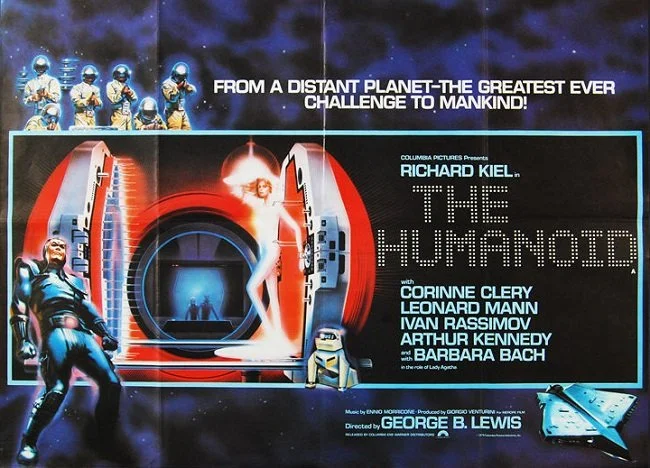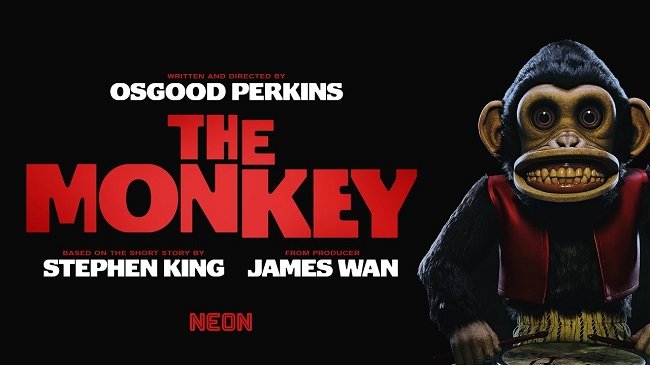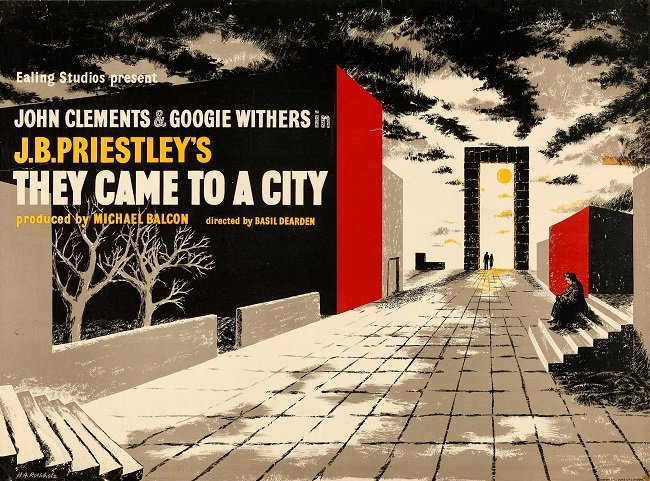The Driver (1978)
Walter Hill is a much underrated director, whose back catalogue is often overlooked. After several years as a writer, Hill moved into directing. His second major film, The Driver is a neo-noir, minimalist thriller, with characters named by their profession (The Detective, The Driver etc.) and a plot that extols Hills favourite theme, of a man being defined by his actions. The title character (Ryan O’Neal) a professional getaway driver, plays a game of cat and mouse with "The Detective" (Bruce Dern), who is determined to bring him down. “I’m gonna catch the cowboy that’s never been caught,” he tells "The Driver". "The Detective" becomes so obsessed with his foe, that he sets up a bank job in order to trap "The Driver". Yet the plan does not run smoothly and "The Driver" learns that he being set up. Does he walk away or does he take the bait and face the inevitable consequences?
The Driver is a spartan film with a clear message about the people living by a code. It also contemplates another classic theme, that of the individual who has become an anachronism and is out of step with the world that they live in. The Driver is also a prime example of the cinematic philosophy of show don’t tell. Ryan O’Neal has only three hundred and fifty words of dialogue. His character’s is intriguing but enigmatic. Despite the large fees he commands for his skill, he lives a frugal life in cheap motels. Clearly, he is not in it just for the money. Bruce Dern's obsession drives him to break the very law he’s sworn to defend, in the tradition of Greek tragedy. Hill’s original cut of the film was over two hours, but he decided to pare the plot development and motivational back story to the bone, with a final running time of 91 minutes.
This is very much a product of its decade. The seventies were a time that allowed directors to experiment and pursue philosophical subtexts. The production design and cinematography by Harry Horner and Philip H. Lathrop are excellent. The stunt driving is superbly staged and edited. The scene where "The Driver" surgically dissects an orange Mercedes to prove his credentials is amazing. Sadly this sort of experimental film making just does not get made anymore. You cannot adequately compare a philosophical gem like this, with the vacuous, commercial, disposable film making that is The Fast and The Furious or Need for Speed. Sadly, box office returns suggest that the public no longer have an interest in allegorical films of this nature either.




























